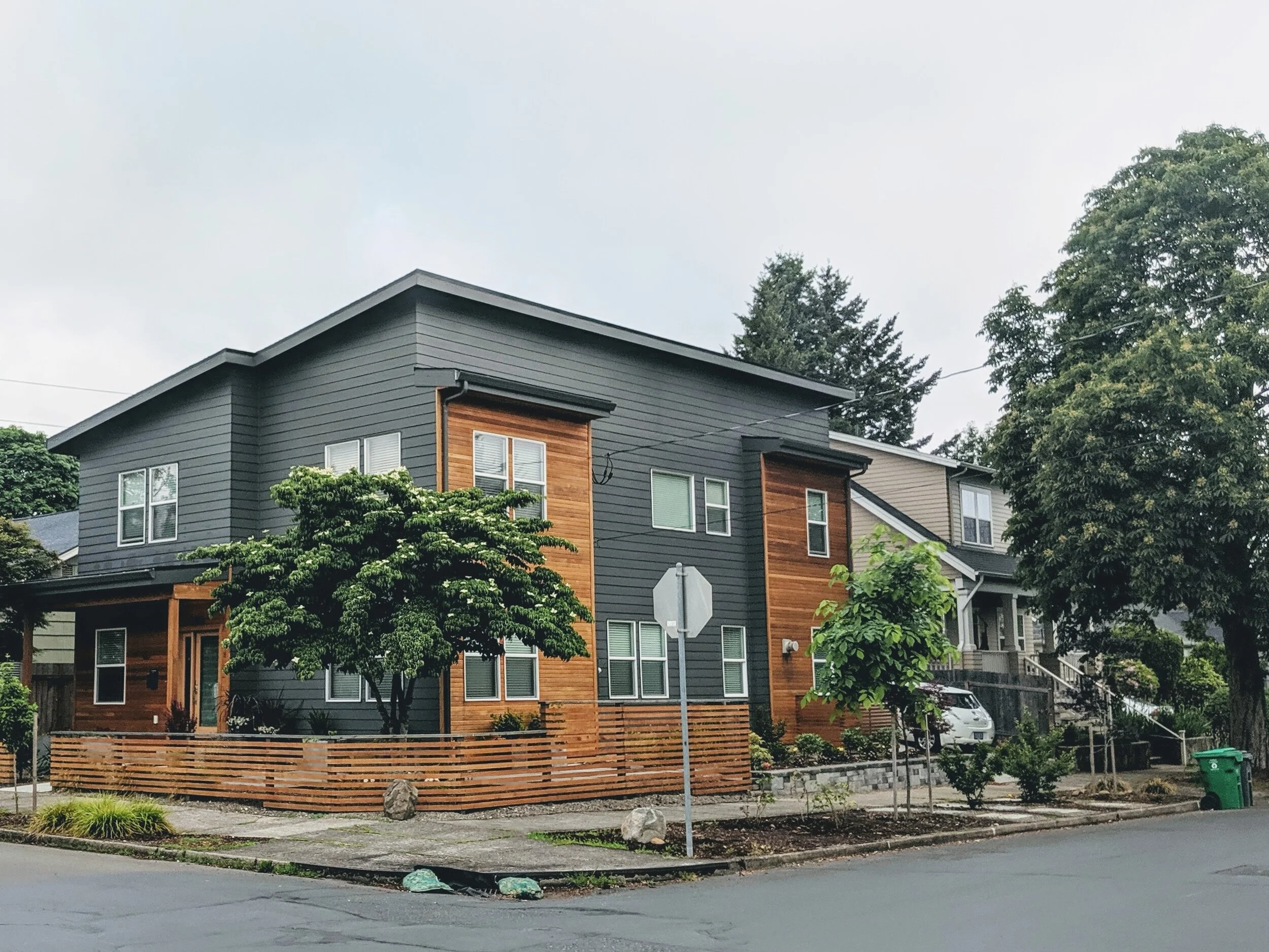Outdated zoning laws are holding cities back, restricting housing options and stalling economic growth. That’s why Cincinnati is trying something different.
Read MoreAmericans need housing relief imminently. Despite what you may have heard, upzoning isn’t likely to be the thing that delivers that—but here's why it’s still worth pursuing.
Read MorePerceived threats to a home's value often prompt homeowners to shut down any discussion about neighborhood changes. But eliminating opportunities for such reactions isn’t helpful, either.
Read MoreLet’s step back and evaluate the status of some recent, high-profile zoning reforms.
Read MoreA common objection to broad upzonings is, “Won't allowing more development everywhere set off speculative feeding frenzies?” The answer? No. Here’s why.
Read MoreThe author of Happy City helped build a home that addressed some of the greatest challenges of our times. But his home is illegal almost everywhere in his city—and in your city, too.
Read MoreThis study conducted in the U.K. supports concepts about incrementalism that could, and should, be adopted in North American places.
Read MoreIf broad upzoning often fails due to political resistance, the solution may be to allow for more localized decision making.
Read MoreThe way we grow our cities today produces a few winners and many losers. Here's how to get back to places that serve all of us.
Read MoreWhy does a healthy pond suddenly become overrun with algae? And what can the natural principle behind this help us understand about how change works—or doesn’t—in cities?
Read MoreAre we treating the symptoms of the housing crisis, or the underlying disease?
Read MoreIn Seattle, policy victories tend to be long-fought and hard-won. What will it take to achieve a city that can flex, evolve, and meet its residents’ needs in a more organic way, without every change becoming an arduous political battle?
Read MoreA remarkably diverse coalition of activists is moving the needle in Seattle on the question of who—and what—belongs in the city’s neighborhoods. And they’ve scored two big policy victories in 2019. Is it enough?
Read MoreThe growing movement to end exclusive single-family zoning—as Oregon just did in its cities—is not a radical or untested experiment: it’s a return to a historical norm. The actual radical experiment is the strange notion that a neighborhood should be required to contain only one type of home.
Read MoreSome YIMBYs don’t like Strong Towns and claim we are anti-development NIMBY. Yet, NIMBYs hate us because we insist neighborhood evolve, adapt, and change. What’s going on here?
Read More














